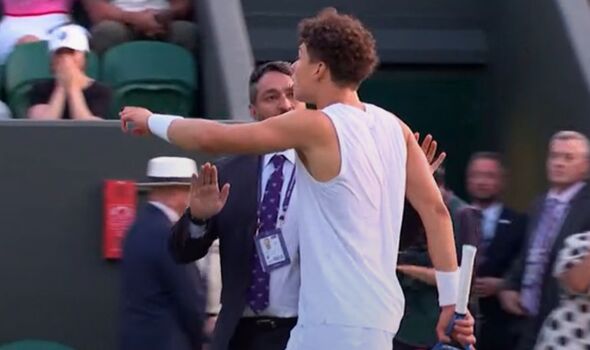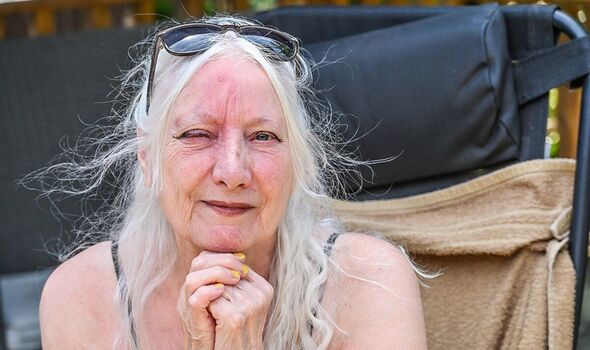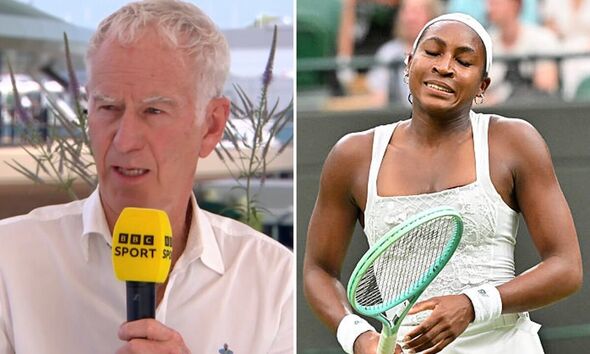prev
next
Sochi, Russia (dpa) – The first Olympics in Russia since the break up of the Soviet Union can in this respect be regarded as an unqualified success for Sochi and the Russian government. The Olympics now loves Russia. They were much better than the International Olympic Committee could have expected.
Bach: “We leave as friends of the Russian people”
“We all have enjoyed exceptional conditions in these Olympic Winter Games,” said IOC president Thomas Bach, who has now experienced his first Olympics since succeeding Jacques Rogge in September. Bach said at the closing ceremony “These were the athletes‘ Games.” He added: “We arrived with great respect for the rich and varied history of Russia. We leave as friends of the Russian people.”
Russia‘s deputy prime minister, Dmitry Kozak, has spoken of the Games breaking “the ice of scepticism towards the new Russia” making the country and its people “something that is a lot closer and more appealing and understandable” to others. Perhaps Sochi and the rest of the world was not quite a full-blown love affair but as dates go, well, who knows, we could well meet again sometime.
Despite the massive security operation following terrorist threats which had been a cause of trepidation, the Games were a friendly affair in often spring-like weather. Hot.Cool.Yours turned out to be quite a neat slogan. A 40,000 security force was in place; the mountain venues and Olympic Park stadiums in the Black Sea resort itself were tightly sealed within a security bubble.
25.000 volunteers in patchwork uniforms
Yet it was the army of 25,000 volunteers in their colourful patchwork uniforms which will be the image many take away of the first Olympics of the new Russia. The volunteers were a manifestation of the almost nonchalant efficiency with which the Games were run. They may have begun with a glitch – one of the five Olympic rings did not open in an element of the opening show – but everything else operated almost to perfection, and the Russians even poked fun at the hiccup during the closing ceremony.
The Sochi Games have been the most expensive in history, costing some 51 billion dollars, but much of this was for stadium construction and infrastructure which the organizers say will have a lasting legacy for the region. Among plans for its sporting future, Sochi will this year host a Formula One race and the Fisht Stadium will be used for the 2018 World Cup.
The huge cost, allegations of corruption and damage caused to the environment have been persistent issues facing the organizers. Criticism over the government‘s human rights record and its law over gay “propaganda” to minors won‘t go away now the baton passes to PyeongChang, South Korea.
Sporting highlights, records, six positive doping tests
But the hosts delivered on their promises to build within seven years modern Olympic winter sport venues and create just about perfect conditions for athletes to shine. There were many sporting highlights and a number of records but, to the disappointment of the IOC, six positive doping tests in a Games which has seen a record 2,631 controls.
The political unrest in Kiev was also a cause of concern and an unwelcome development for President Vladimir Putin who was often a visitor to Sochi. Ukraine athletes remained and the women‘s biathlon team won an emotional relay gold for the country.
In alpine skiing, Tina Maze of Slovenia was the stand-out figure with two golds, sharing the downhill with Dominique Gisin of Switzerland, while a new ski star is on the horizon in US teenager Mikaela Shiffrin, who won the women‘s slalom to go with her world championship gold.
Norwegian biathlete Ole Einar Bjoerndalen became the most decorated athlete with two more golds, and countrywoman Marit Bjoergen the most successful woman in Winter Games history after another three golds. Biathlete Darya Domracheva of Belarus and Russia‘s short track skier Viktor Ahn both also won three golds, and speed skater Ireen Wust of the Netherlands left the Games with five medals.
Ski and snowboard slopestyle
The Dutch won 23 of the 32 medals it could possibly win in speed skating in Sochi, and speed skating was also the scene of a memorable finish in the men‘s 1,500m when Zbigniew Brodka of Poland beat Koen Verweij of the Netherlands by three thousandths of a second. New events such as ski and snowboard slopestyle look as if they are here to stay, but the dangers of these higher-risk sports were demonstrated by an injury to the Russian cross skier Maria Komissarova, who fractured her spine in a training fall.
The Russian hosts managed to improve considerably over their Vancouver performance, and ended top of the medals table with 13 golds. They included a first in women‘s figure skating courtesy of 17-year-old Adelina Sotnikova, who controversially beat South Korean figure skating queen Kim Yuna. Unfortunately the coveted gold in men‘s ice hockey did not materialize after Russia crashed out to Finland in the quarter-finals, but the final day ended with a cross-country ski triumph for Alexander Legkov in a sweep of the medals and a gold for the four-man bobsleigh team.





